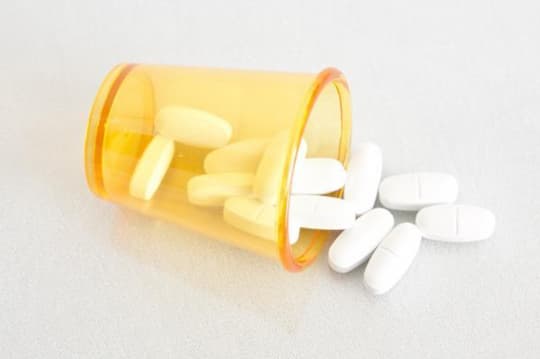Almost half of females had an anxiety disorder along with just over a quarter of males.
There are specific signs that a child will go on to develop an anxiety disorder, a study finds.
These include a tendency to do things alone, crying easily and often and frequently appearing sad and miserable.
All these behaviours are related to being socially and emotionally withdrawn.
In contrast, being shy, submissive or fearful of authority figures or people in general does not predict adult anxiety disorders.
Mr Nathan Monk, the study’s first author, said:
“Basically, what we have found is that childhood anxious behaviors related to social isolation and sadness appear to carry risk for developing an anxiety disorder in later life.
In contrast, behaviors related to situational fears and anxiety around adults do not appear to carry the same risk.”
The study tracked over 1,000 children born in Christchurch, New Zealand for over four decades.
It found surprisingly high levels of anxiety, with almost half of females having an anxiety disorder along with just over a quarter of males.
Dr Kat Donovan, study co-author, said:
“This research reinforces the importance of actively developing social skills and skills in managing emotions, especially in the first 1,000 days of a child’s life where parents and whānau (a Māori word for extended family) play a key role.”
She continued:
“All tamariki (Māori children) experience anxiety at a certain stage but it only causes concern when it disrupts their development and reduces educational and emotional learning opportunities.”
Dr Donovan has some advice for parents of anxious children:
“It’s tough for parents and whānau to see their child in distress but it’s important they help them tolerate their feelings and not avoid them, by encouraging them to be in situations which are challenging and providing them with opportunities to be exposed to those situations.
However, if they don’t feel they have the skills to cope with certain behaviors they should seek out parenting courses or professional support.”
The study was published in the journal Psychological Medicine (Monk et al., 2021).









